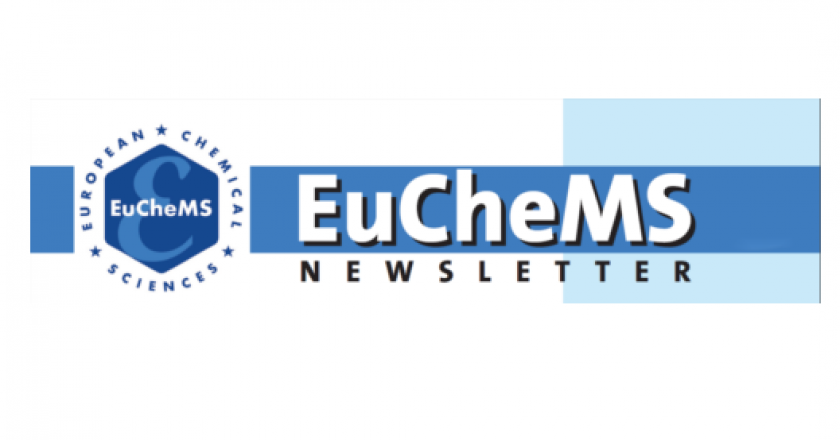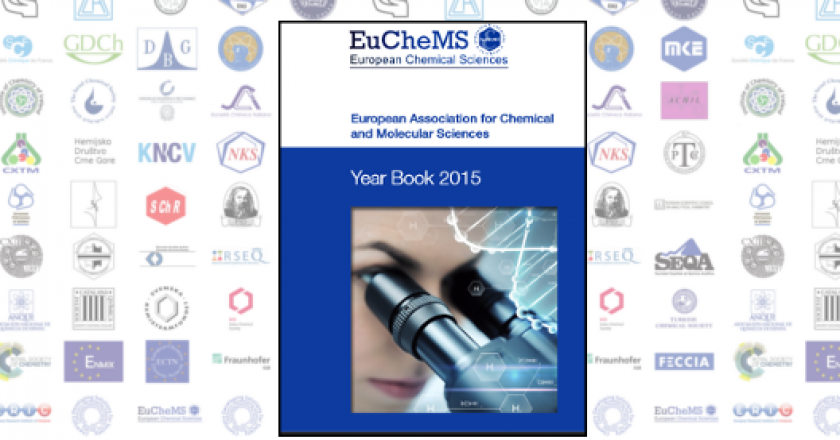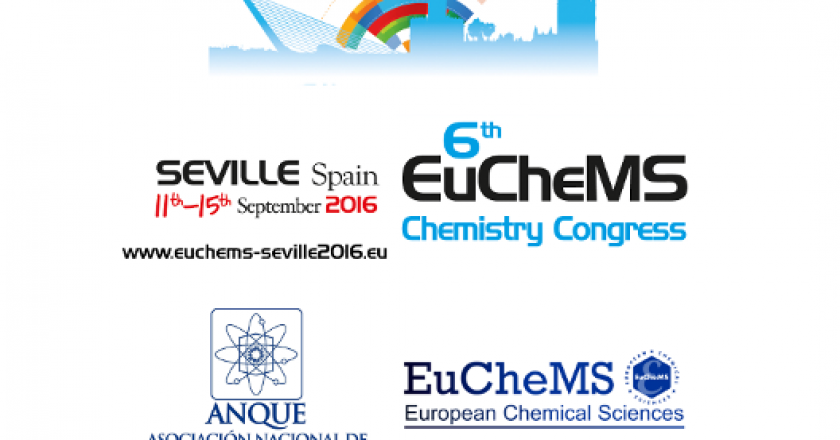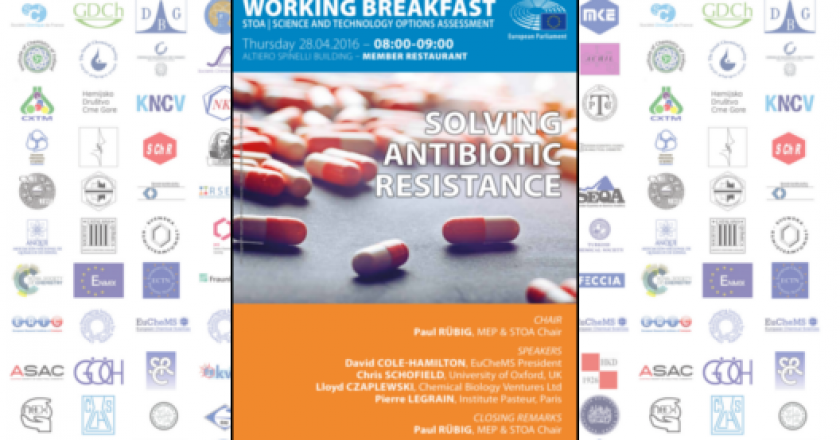Read it here! Some of the highlights are:
- Shadowing a MEP
- Invitation to ECC6 in Sevilla
- EYCN at ECC6

Read it here! Some of the highlights are:

Discover all about our activities here

Seville, Spain
11 – 15 September 2016
http://euchems-seville2016.eu/

Brussels, Belgium
28 April 2016
Registration will soon be announced at www.euchems.eu
12 May 2016
Mainz, Germany
Website: http://ec.europa.eu/research/
Hanoi, Vietnam
10 – 12 May 2016,
Website: http://ec.europa.eu/research/
Budapest, Hungary
25 – 26 April
Website: http://eit.europa.eu/interact/events/INNOVEIT-2016
Pune, India
21 – 23 April 2016
Website: http://ec.europa.eu/research/
Brussels, Belgium
18 April 2016
Website: http://ec.europa.eu/research/
San Sebastián, Spain
06 – 08 July 2016
Website: http://school2016.orfeo-cinqa.es/
Brussels, Belgium
06 – 07 July 2016
Website: http://org.kikirpa.be/chemch2016/
Toruń, Poland
03 – 06 July 2016
Website: http://www.extech-isss2016.pl/
Vienna, Austria
03 – 08 July 2016
Website: http://www.euchem2016.org/welcome/
Gargnano, Italy
12 – 17 June 2016
Website: http://www.corbellasummerschool.unimi.it/
Rome, Italy
08 – 10 June 2016
Website: https://sites.google.com/a/nd.edu/iwsg2016/home
Munich, Germany
10 – 12 May 2016
Website: https://www.gdch.de/
Guimarães, Portugal
26 – 30 April 2016
Website: http://11da.eventos.chemistry.pt/
The general objective of this revision is to remove obstacles to mobility of learners and workers related to the understanding and trust of their skills and qualifications regardless of whether they are EU citizens or third country nationals and whether it concerns qualifications obtained in the EU or in a third country. The initiative should thus contribute to a better use of available skills and qualifications for the benefit of individuals, the labour market and the economy.
Website: http://ec.europa.eu/smart-regulation/
The primary goal is to encourage efficient resource use and reduce pressures on the water environment, in particular water scarcity, by fostering the development of safe reuse of treated wastewater. To this end the initiative will look into the possibility of establishing a common approach on water reuse across the EU providing clarity, coherence and predictability to market operators who wish to invest in water reuse in the EU under comparable regulatory conditions. Additional objectives of the initiative would be to increase the recycling of nutrients contained in waste water when appropriate, and to contribute to growth and jobs creation in the EU by stimulating the development of innovative technologies and water infrastructure that will provide EU actors a first-mover advantage in this fast growing world market. The new initiative would complement the existing EU water policy, notably the Water Framework Directive and the Urban Waste Water Treatment Directive.
Website: http://ec.europa.eu/smart-regulation/
The purpose of the present open public online consultation is to collect views and opinions on the strategy, scope, objectives, and expected impacts of the Horizon 2020 ‘Science with and for Society’ Work Programme 2018-2020.
Contributions to the present consultation will feed into preparation of the next SWAFS Work Programme 2018-2020. The Commission expects to develop the content of Work Programme 2018-2020 during the fourth quarter of 2016 and first semester 2017, with adoption and publication of calls for proposals in the autumn of 2017.
Deadline: 4 July 2016
Website: http://ec.europa.eu/research/
The Commission invites interested parties, including national authorities, manufacturers of cosmetic products, producers of the substances concerned, and relevant industry and consumers’ associations, to submit their comments on Methylisothiazolinone (MI) in the framework of Regulation (EC) No. 1223/2009 of the European Parliament and of the Council on cosmetic products – rinse-off cosmetic products.
Deadline: 1 July 2016
Website: http://ec.europa.eu/growth/
ECHA has adopted the updated Community rolling action plan (CoRAP) for 2016-2018 with 138 substances to be evaluated. Registrants of these substances are encouraged to coordinate their actions and to interact early with the evaluating Member States. The Member States, the European Commission and ECHA have agreed on the recommendations on best practice for interaction between registrants and the evaluating Member States during substance evaluation. These are available on ECHA’s website. The registrants of substances listed on the CoRAP will in any case have an opportunity to comment before any decision to request further information is taken.
CoRAP specifies the substances that are to be evaluated over a period of three years. The plan is annually updated to include substances for the additional year as well as any revision to the substances that were included in the second and third year of the previous plan.
Source: http://echa.europa.eu/
The European Investment Project Portal (EIPP) is a new online platform designed to attract a wide reach of potential investors to EU projects. Via the EIPP, potential investors will be able to search for suitable projects and receive project updates in a virtual meeting place for both project promoters and investors.
To be published on the portal, a project must have a total cost of at least €10 million, be expected to start within three years of its submission to the EIPP, be promoted by a public or private legal entity established in an EU country, and be compatible with all relevant EU and national laws. The sectors covered by the EIPP include renewable energy, energy efficiency, energy infrastructure, energy R&D and fuel extraction and refining.
Source: http://ec.europa.eu/energy/
The preliminary statistics on submitted proposals for the European Research Council (ERC) Consolidator Grants for 2016 show that the Number of applicants increased 12% comparing with the previous Consolidator Grant call. The highest number of applications was submitted in the domain of Physical Sciences and Engineering (1075), followed by Life Sciences (713), and Social Science and Humanities (516). The ERC Work Programme has earmarked €605 million for an estimated number of 335 Consolidator Grants in 2016.
Source: https://erc.europa.eu/
Research data produced by the Joint Research Centre (JRC) of the European Commission or in cooperation with other partners is now publicly available, in support of the European Commission’s strategy on Open Science for improved circulation of knowledge and thus innovation for generating growth. The JRC Data Catalogue is online and its datasets can be freely consulted and downloaded.
Source: https://ec.europa.eu/jrc/